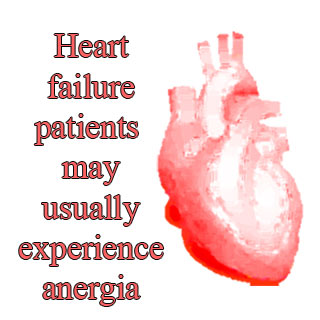
It is not entirely clear whether anergia is a result of heart failure or a possible cause. But it is certain that fatigue has been shown to have independent long-term prognostic implications in patients with heart failure.
As a part of the study, heart failure patients were asked to wear an actigraph – a device worn on the wrist like a watch. This device is used to assess physical activity, energy expenditure and sleep by measuring and recording limb movements. Participants were asked to wear it continuously on their non-dominant wrist for the entire duration of the study. During the nine month period of the study, each subject underwent a targeted physical exam at regular intervals.
Senior author of the study, Dr. Maurer, M.D., associate professor of clinical medicine at Columbia University Medical Center, says that, “The overall goal of our current research efforts is to develop methods to evaluate and assess the causal or contributing factors of anergia in order to develop interventions to decrease morbidity and mortality due to this syndrome.â€
In an earlier study, Dr. Maurer, and the Stroud Center for the Studies of Quality of Life, Columbia University had shown that anergia may stem from many conditions. And now in the current study, Dr. Maurer has found major inconsistencies between self-reported fatigue and actigraphy readings.
The study readings have provided complimentary and important data regarding the association between sleep disorder, heart failure, and an impairment in health-related quality of life.
Since the results were encouraging, Maurer and his team have applied for a grant from the National Institutes of Health to gather more data and get a better understanding of the origins and challenges of treating anergia.
This study has been published in the Journal of Cardiac Failure.
